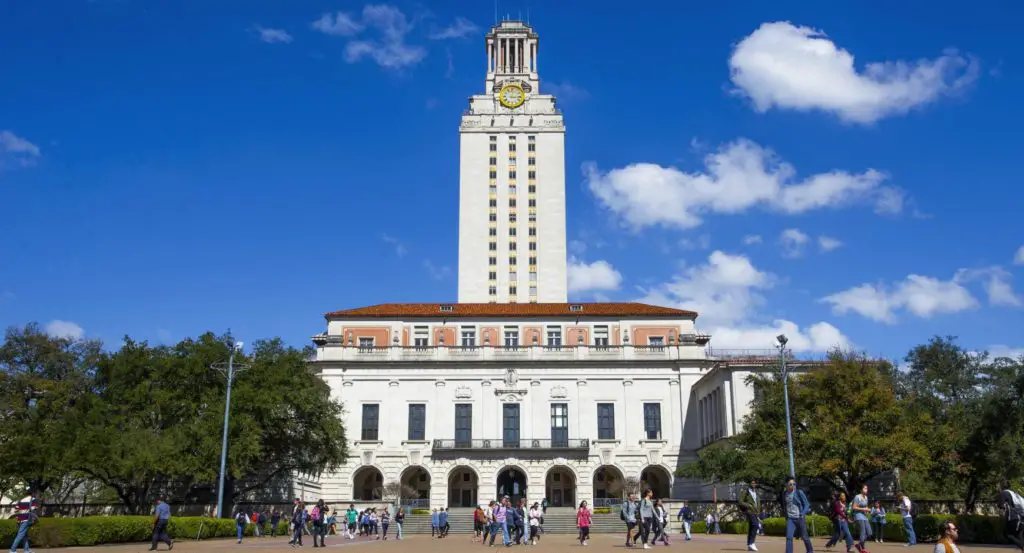Students from low and middle-income families enrolled in the University of Texas at Austin will soon have more financial support coming their way after the UT System Board of Regents voted to establish a new multi-million dollar endowment.
On Tuesday, the board voted unanimously to allocate $160 million to expand UT Austin’s Texas Advance Commitment program which covers the full or partial tuition and fees of in-state undergraduates falling under different income groups.
Students whose families earn up to $65,000 a year and have financial need will have their tuition and fees covered completely, while those with family incomes of up to $125,000 will receive some assured tuition support.
“Recognizing both the need for improved access to higher education and the high value of a UT Austin degree, we are dedicating a distribution from the Permanent University Fund to establish an endowment that will directly benefit students and make their degrees more affordable,” Kevin Eltifesaid, board chairman, said after the vote. “This will benefit students of our great state for years to come.”
The endowment, which is one of the biggest to date in the university’s history, will support undergraduates from across Texas, including first-year through fourth-year and transfer students.
The money for the endowment will be generated from distribution of the state’s Permanent University Fund, which includes money from oil and gas royalties earned on state-owned land in West Texas.
“This new endowment will go a long way toward making our university affordable for talented Texas students from every background and region,” UT Austin president Gregory L. Fenves said.
In 2016, the university allocated $7.5 million to increase financial aid for middle-income students, which was followed by a $5 million allocation in 2018 to launch the first phase of the Texas Advance Commitment which benefits nearly 4,000 students.
University of Alaska Budget Cuts Could Severely Impact Native Communities

